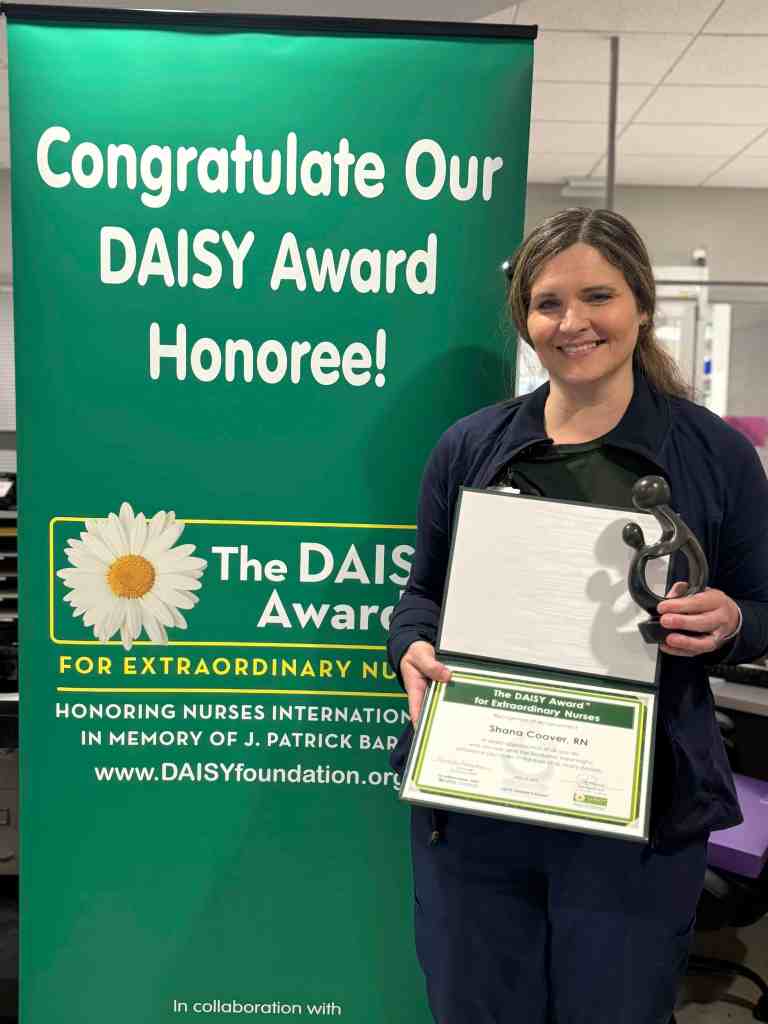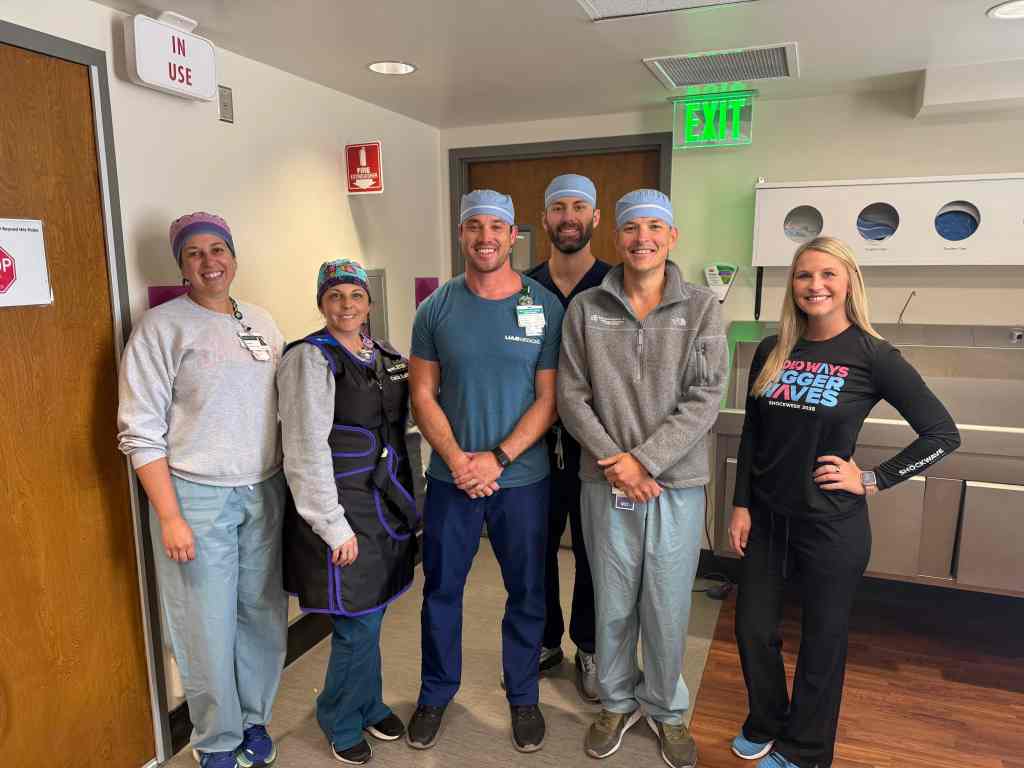The sleep disorder specialists at UAB St. Vincent’s conduct customized sleep studies and provide treatments to help improve sleep for children and adults of all ages. They rely on proven practices and sleep medicine research that shows how sleep disorders can affect the heart, lungs, and brain.
We treat the full range of conditions that may cause sleep disorders, which often involves care from other medical specialists, as listed below:
- Brain and nervous system conditions (neurologists)
- Dental conditions (dentists and maxillofacial surgeons)
- Ear, nose, and throat conditions (ENT doctors)
- Lung and breathing conditions (pulmonologists)
- Mental health conditions (psychiatrists and psychologists)
- Pediatric sleep disorders (pediatric sleep specialists)
Our respiratory therapists and sleep study technicians have advanced training in conducting diagnostic tests that help your doctor diagnose and treat sleep disorders. Your care team will help you schedule a sleep study and obtain referrals for other specialists, if needed.
Sleep disorders and overall health
Sleep helps your body renew your mental and physical health. The most common symptoms of a sleep disorder include excessive daytime sleepiness, chronic snoring, problems getting to sleep, restless legs, and sleepwalking.
If left untreated, a sleep disorder can increase your risk for:
- Depression
- Diabetes
- Heart attack
- Heart rhythm disorders, including atrial fibrillation
- High blood pressure
- Obesity
- Stroke
Diagnosis and treatment
Your doctor and care team work with you to create a personalized care plan that’s right for you and your sleep disorder. Some of the sleep disorders we treat include:
- Central sleep apnea – brain not signaling muscles that control your breathing
- Obstructive sleep apnea – upper airway obstruction partially blocks airflow during sleep
- Insomnia – inability to sleep
- Narcolepsy – inability to stay awake
- Parasomnia, such as nightmares, sleepwalking, and sleep-related eating disorders
- Periodic limb movement disorder – repetitive cramping or jerking of the legs
- Restless legs syndrome – the urge to move your legs, especially when resting
- Snoring
Sleep tests
Sleep studies (called polysomnography) are used to monitor brain activity, heart and breathing patterns, leg movements, and blood oxygen levels while you sleep. This information is used to diagnose sleep disorders and other neurological conditions.
The diagnostic tests include:
- All-night sleep studies
- Continuous positive airway pressure (CPAP) titration
- Multiple sleep latency testing
- Neurodiagnostic tests and epilepsy monitoring
- Split study (half diagnostic and half with the CPAP device)
- Wakefulness testing
At-home sleep apnea evaluations
In some cases, your doctor may recommend at-home sleep apnea monitoring. Patients are given a sleep study device and instructions, and once the sleep study is completed, patients return the device to our sleep center to collect the data it recorded. A diagnostic report is then sent to your doctor.
Complete care
Sleep disorders may be related to numerous mental, emotional, and physical factors. Your doctor will coordinate care with other specialists as needed, such as cardiologists, to improve the quality of your sleep with treatment. This care may include:
- Insomnia treatment using cognitive behavior therapy
- Lifestyle and dietary changes
- Medication management
- Relaxation techniques
- Sleep apnea devices
- Continuous positive airway pressure (CPAP)
- Removable tongue neuromuscular stimulation device
- Sleep apnea implant device
Also, as part of your follow-up care, your sleep medicine team may connect you to services that support your overall health and well-being.
Recent News
View All News



